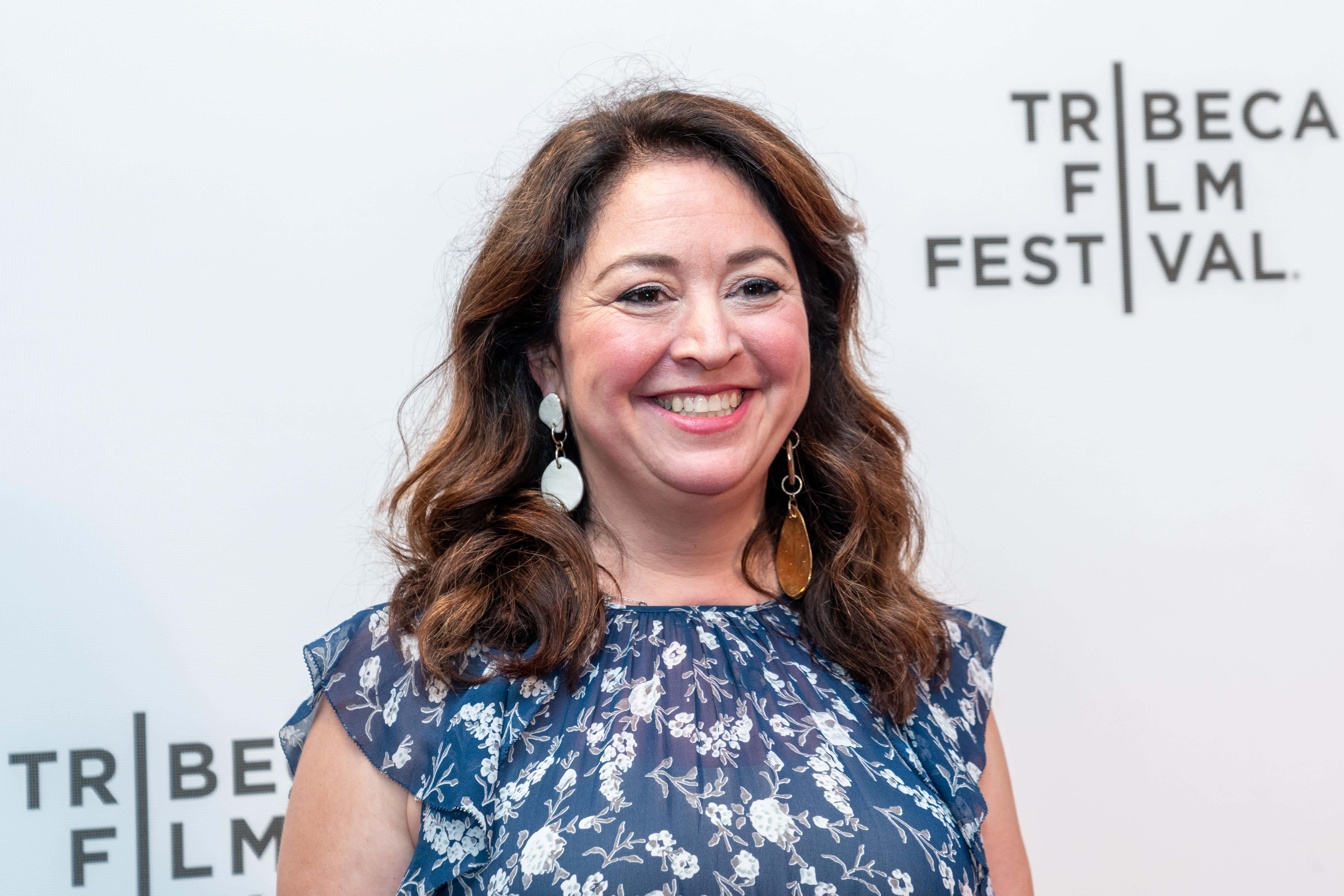Liz Garbus: Meet the director behind the Sussexes’ tell-all Netflix special
The US director has been nominated for two Academy Awards.

Liz Garbus, the Oscar-nominated director behind the Duke and Duchess of Sussex’s Netflix docuseries, is known for her critically acclaimed exposes and documenting the stories of “survivors”.
Raised in New York by a civil rights lawyer father, her career has spanned almost 25 years, covering documentaries, true crime and high-end drama.
Her notable titles include The Farm: Angola, USA; Bobby Fischer Against The World; Love; Marilyn; and The Fourth Estate.
Garbus is also co-founder and co-director of New York City-based documentary film production company, Story Syndicate.
Her films have been nominated for multiple awards, including the 2002 Sundance Film Festival documentary Grand Jury Prize, a Directors Guild Of America award and several Emmys.
She was also twice nominated for the Academy Award for best documentary feature – first in 1999 for Farm: Angola, USA, and more recently in 2016 for What Happened, Miss Simone?, about the troubled life of jazz singer Nina Simone.
Garbus also directed the series four finale of dystopian drama The Handmaid’s Tale, in which June, played by Elisabeth Moss, orchestrated the murder of her former abuser, Commander Fred Waterford.
“It was especially important to hone in on that rage and the kinds of ways survivors can come face-to-face with their attackers,” Garbus said in an interview with the Shondaland production company.
“How apologies can reignite the trauma in such a way that it becomes a redoubled sense of rage.”
In an interview with The Hollywood Reporter, she spoke about how her work as a documentarian helped prepare her for The Handmaid’s Tale.
She said: “I’ve done a lot of work with survivors in my career, and I’ll Be Gone In The Dark obviously was a very recent experience for me.
“The reactions of the survivors to the sentencing of the Golden State Killer were so interesting.
“People talk about closure and justice and just how complicated that is for different people.”
I’ll Be Gone In The Dark, which first aired in 2020, followed blogger Michelle McNamara as she investigated the Golden State Killer, a serial killer and rapist who terrorised residents across California in the ’70s and ’80s.
The Story Syndicate website describes Garbus as “one of America’s most celebrated filmmakers, renowned for her documentary work and also for her breakthrough scripted feature and television debuts”.
It says: “She is known for her propulsive, socially incisive storytelling across genres.”
Volume one of her latest project, the six-part Harry and Meghan series, arrives on December 8, three months after the death of Harry’s grandmother, the Queen.
A second volume is due to be released on December 15.
Bookmark popover
Removed from bookmarks